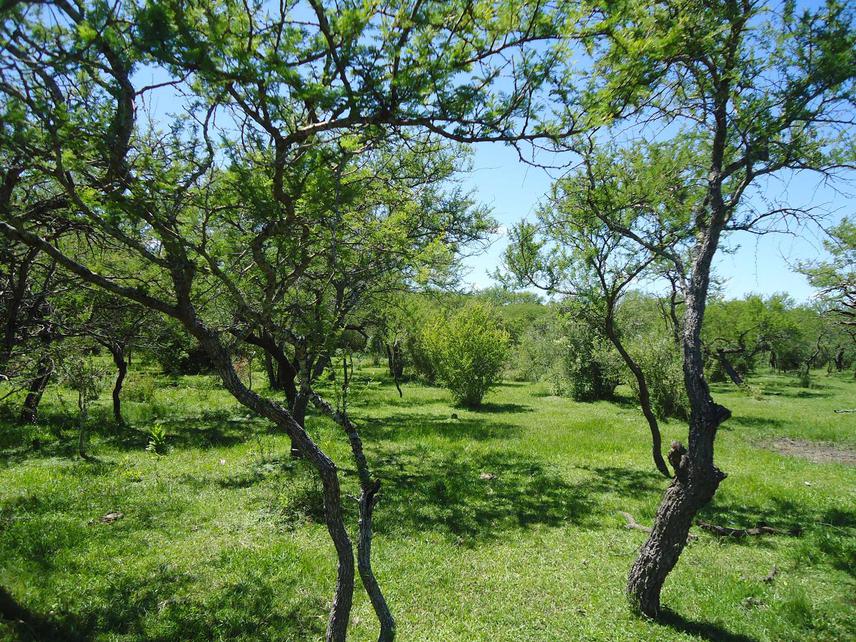Ignacio J. Rojido Nin
Other projects
This project applies an interdisciplinary approach to understand the biodiversity, ecosystem services and the social relationships with Espinal forests.

©Lucrecia Lezana.
Scientists, managers and the public are increasingly aware that conservation occurs within integrated socio-ecological systems. To monitor the sustainability of native forests, for example, it is necessary to identify critical ecological components, but also their linkages with human dimensions.
This project applies an interdisciplinary approach to understand the biodiversity and ecosystem services provided by threatened Espinal forests and the social relationships with these forests, in two department (Feliciano and La Paz) located in the north-western of Entre Ríos Province, Argentina.
The research will be managed in thematic working groups designed to address specific research questions and obtain transversal goals to achieve broader impacts: 1) ecological research, 2) social research and 3) integrated socio-ecological products and outcomes.
I. Ecological characterization.
While several activities will take place inside this characterization, the mammalian research will the most prominent point because this biological group are an unstudied component of biodiversity in Entre Rios. The goal of this research is examine the effect of site land management on the structure and composition of this community. Small mammals will be sampled with "live" traps, and medium and large mammals will be sampled with camera traps.
II. Social characterization.
As part of the social characterization, stakeholder associated with forests inside the study area will be identified and characterized. Afterwards, through bibliographic search, semi-estructure interviews and surveys, we will inquire about forest used, values and relationships that these stakeholders have. The methodological framework employed to recognize the above will be the socio-cultural valuation of the ecosystem services (Scholte et al., 2015), based on recognition the non-monetary social values.
III. Socio-ecological integration, products and outcomes
Data on ecological and social aspects will be integrated to obtain relevant scientific knowledge, as well as for communication and public education. We will obtain new scientific knowledge regarding how stakeholders, value native forests and how they perceive that those values relate to their well-being. We will also have an updated systematic data collected on mammals for this biome. This information will be synthesized to: (A) Propose biodiversity and ecosystem services indicators scientifically solid, socially acceptable, feasibly applicable; B)
Carry out educational activities through direct presentations to different actors and particularly with local Agro-technical Schools and; C) develop outreach materials (brochures, posters) to distribute to them to various places, including public offices and commercial centers.